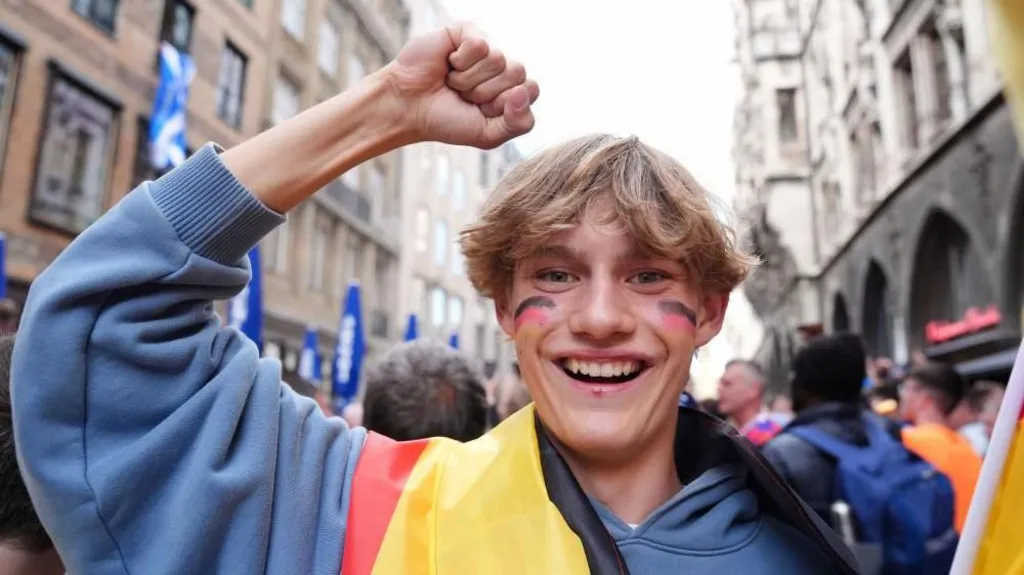As Euro 2024 approaches, all eyes are on Germany, hoping for a new “Sommermärchen” akin to the magic of the 2006 World Cup. Outside the historic town hall in Munich, the national anthem resonates through the air. Surprisingly, it’s played by a Scottish bagpiper, a reminder of the international camaraderie that football fosters. German locals, intrigued by the melodic display, applaud warmly.
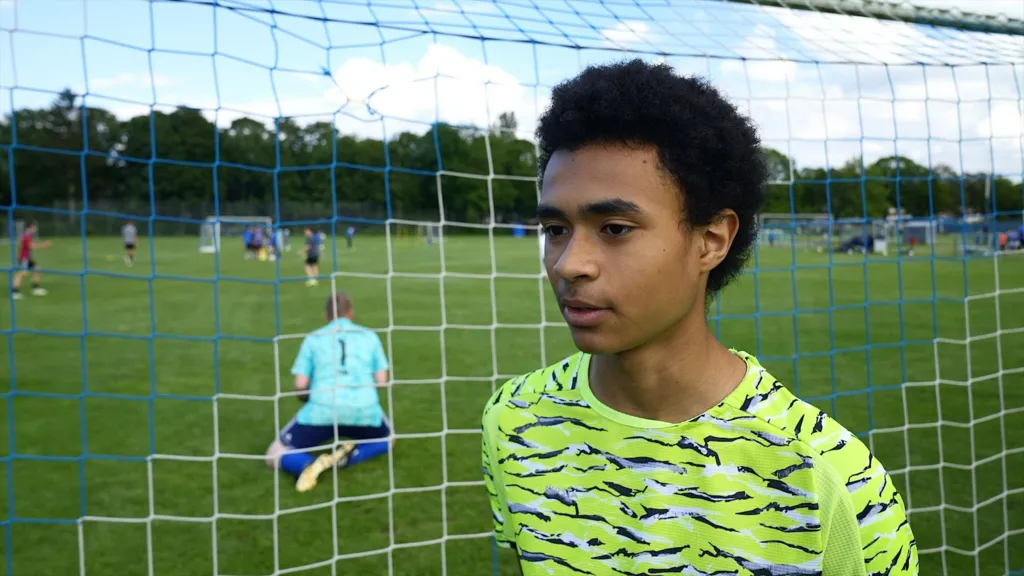
Despite the excitement, Germany’s enthusiasm for hosting Euro 2024 seems muted. Researchers attribute this to eight years of disappointment in international tournaments, high ticket prices, and broader national issues. Fragmented politics, economic sluggishness, and societal malaise have dampened spirits.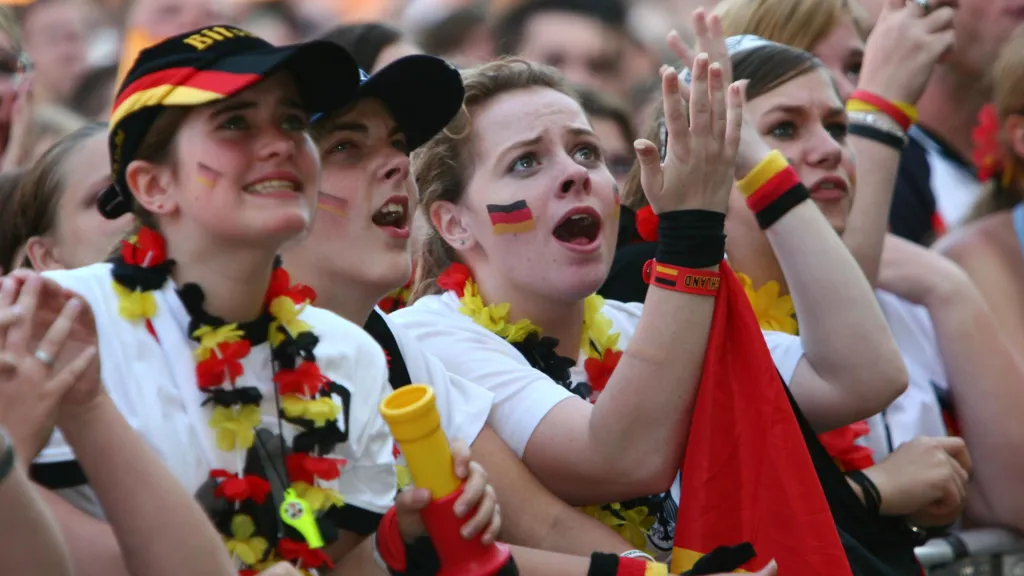
Germany’s last “Sommermärchen” in 2006 saw fans waving flags with unprecedented pride. The home team was eliminated in the semi-finals, but the event united the nation and showcased a confident, vibrant Germany. Leading football journalist Philipp Köster is skeptical about a repeat performance in 2024. “We’ve got the war in Ukraine, the pandemic aftermath, and a divided society,” he notes.
Germany’s ruling coalition, in power since 2021, has faced internal conflicts, diminishing its popularity. Meanwhile, the far-right anti-immigration AfD has gained traction, reflecting the country’s political unrest. Köster wonders if the tournament can unite people and revive national pride.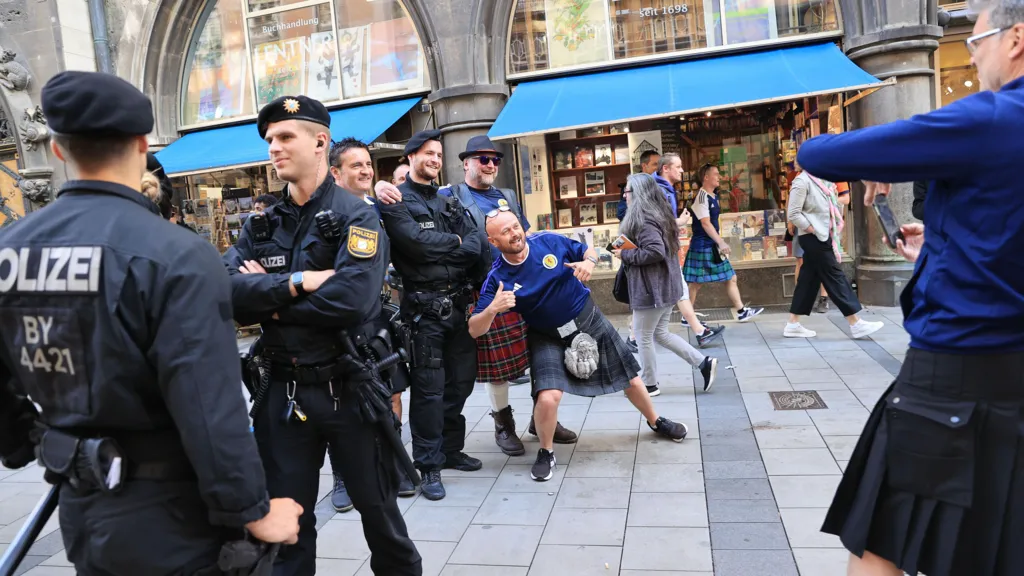
In northern Munich, the ESV Freimann football club bustles with young players, driven by passionate volunteer coaches. Over 300 children play here weekly, with the women’s team leading in success. The club’s teenagers, like 14-year-old Samuel, are excited about Euro 2024. “It will bring people together,” he says, though he doubts Germany will win. His teammate Ryan agrees, predicting a significant boost for the sport if Germany triumphs.
For national organizers, fan safety is paramount. Deputy Commissioner Michael Dibowski oversees operations in Munich, preparing for potential threats amid global tensions. Despite recent politically motivated attacks, he aims to ensure a safe, enjoyable tournament.
Germany’s preparations have largely been behind the scenes, contributing to the lack of public excitement. Veteran journalist Köster believes football’s unifying power could rekindle national unity. “If anything can bring people together, it is football,” he asserts. Success on the field is crucial, but showcasing Germany’s hospitality is equally important. As international fans gather, it’s an opportunity for Germans to demonstrate their friendliness and warmth.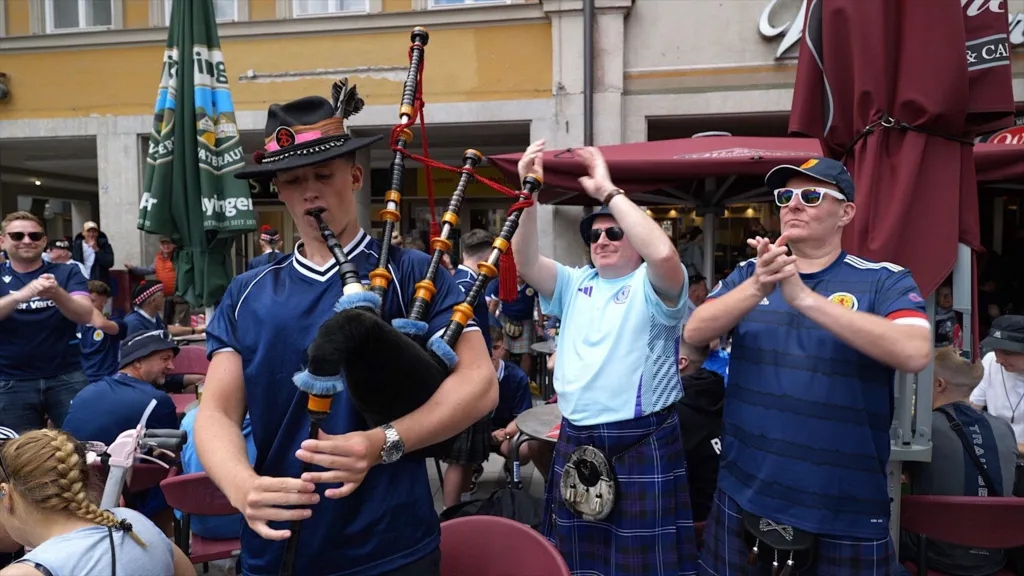
Germany’s challenge is to transform this tournament into another unforgettable summer fairytale, one that brings the nation together and leaves a lasting legacy of unity and pride.
